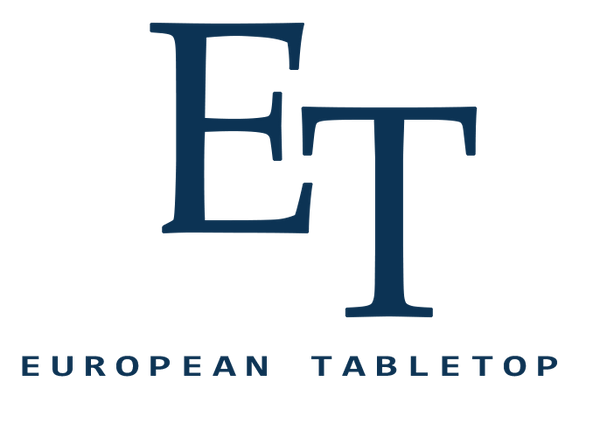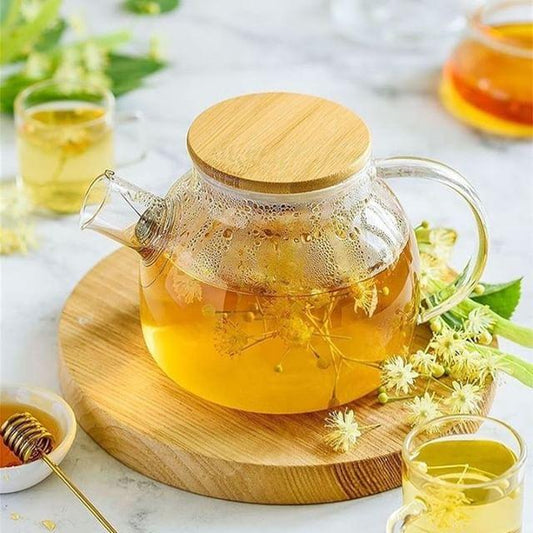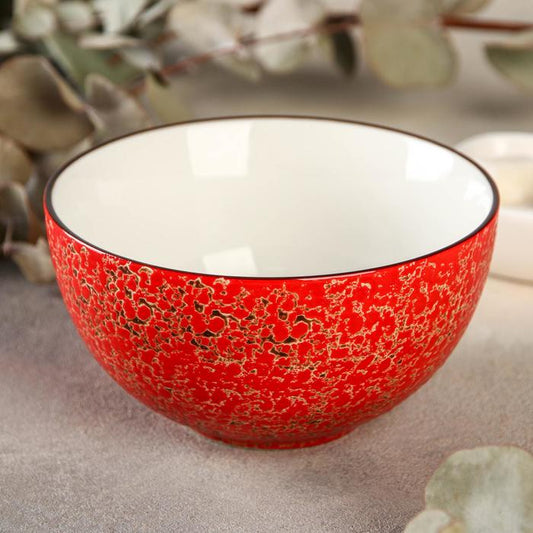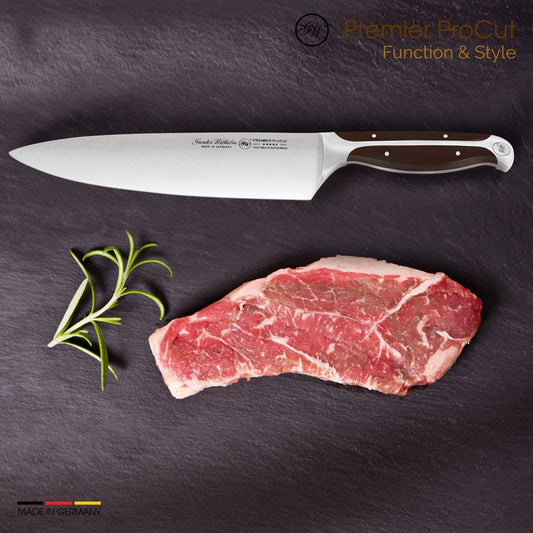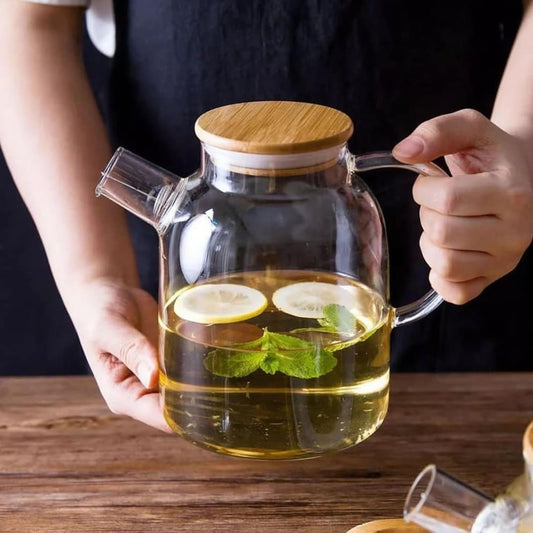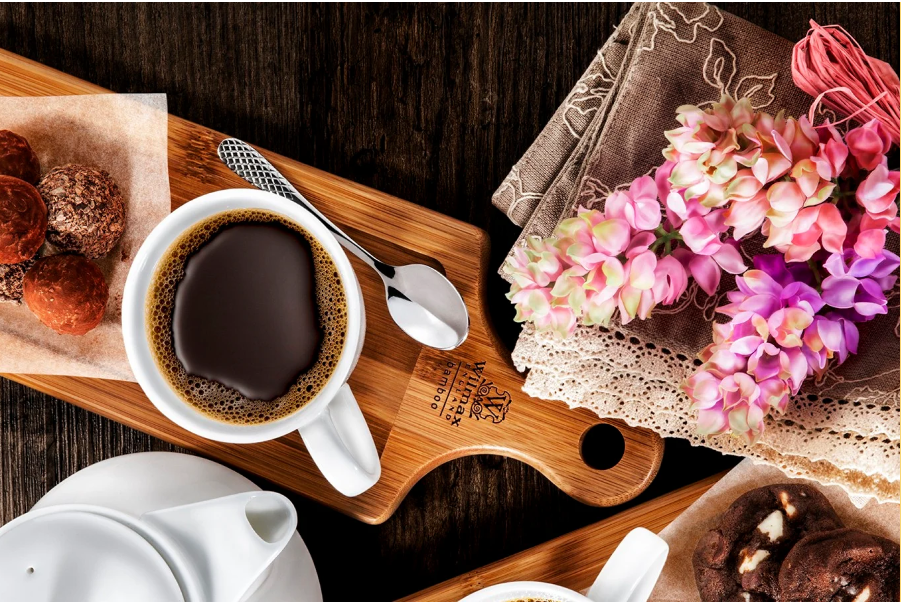Robot Chefs & AI Sommeliers: The Automation Wave Hitting Fine Dining
Robot Chefs & AI Sommeliers: The Automation Wave Hitting Fine Dining
From precision-cooked wagyu steaks to wine pairings calculated in milliseconds, intelligent culinary assistants are reshaping the world’s most exclusive dining rooms.

The Quiet Revolution in the Kitchen
In the hushed kitchen of a three-Michelin-star restaurant in Tokyo, a robotic arm hovers over a copper saucepan, stirring a beurre blanc with slow, deliberate precision. Across the dining room, an AI-powered sommelier listens as a couple describes their favorite vacation in Tuscany — within seconds, it recommends a 2016 Brunello di Montalcino with tasting notes tailored to their memory. This isn’t the future. It’s happening now.
From Sci-Fi Concept to Culinary Reality
Just a decade ago, robot chefs were novelties — clumsy machines flipping burgers at tech expos. Today, they’re trusted with intricate, high-stakes dishes in the world’s top restaurants. The shift comes from leaps in AI-driven sensory feedback, machine learning, and the integration of robotics with traditional culinary techniques.
Meanwhile, AI sommeliers have evolved from basic recommendation algorithms into conversational, adaptive wine experts. They factor in not only a guest’s stated preferences but also the dish composition, time of day, even humidity and temperature in the room.
Why Fine Dining Is Embracing Automation
High-end restaurants are adopting intelligent assistants for three core reasons:
- Precision & Consistency: A robot arm can slice truffles paper-thin or sear a scallop to the exact same caramelization every time.
- Efficiency Under Pressure: During peak service, automation can take over repetitive tasks, freeing chefs to focus on artistry.
- Enhanced Personalization: AI sommeliers can curate one-of-a-kind wine pairings based on a diner’s taste history.
Case Studies: When Tech Meets Taste
Le Jardin Automatique, Paris: This forward-thinking French restaurant uses a dual-robot system for pastry work, ensuring every mille-feuille layer is exactly 1.2mm thick. The pastry chef programs seasonal adjustments into the AI’s software to account for changes in butter fat content.
Kyoto Kaiseki Lab: In Kyoto, a collaboration between robotics engineers and kaiseki masters has produced a sushi robot capable of forming nigiri with the exact pressure a master chef’s hands would apply — preserving the air pockets that make each bite melt on the tongue.
VinSense AI, Napa Valley: This AI sommelier system cross-references over 10,000 wine profiles, vineyard climate data, and a guest’s flavor feedback to recommend pairings with 94% approval ratings.
The Human Factor
Despite the buzz, no one’s suggesting that automation will replace chefs or sommeliers entirely — not in fine dining. Instead, technology is becoming an extension of the human team. Chefs set the vision, and automation helps execute it flawlessly.
“It’s like having an assistant who never tires, never forgets, and always listens,” says Chef Elise Moreno of San Francisco’s Atelier Élan.
Challenges & Concerns
Luxury automation isn’t without obstacles:
- Cost: High-end robotic kitchen systems can run into the hundreds of thousands of dollars.
- Training: Staff must learn to program, maintain, and troubleshoot the machines.
- Perception: Some diners fear that automation dilutes the romance of handcrafted cuisine.
The Road Ahead
Industry experts predict that the next step in culinary AI will be predictive cooking — systems that adjust seasoning or cooking times in real time based on guest feedback from previous visits. Imagine an AI sommelier that remembers your last meal and pre-selects a wine before you sit down.
As boundaries blur between human creativity and machine precision, fine dining is entering an era where the perfect plate may be the result of both human passion and algorithmic logic.
Whether it’s a robot gently torching a crème brûlée or an AI sommelier suggesting the perfect Chablis for your oysters, one thing is certain — the luxury dining experience of tomorrow is being written in code as much as in cookbooks.
Share:
